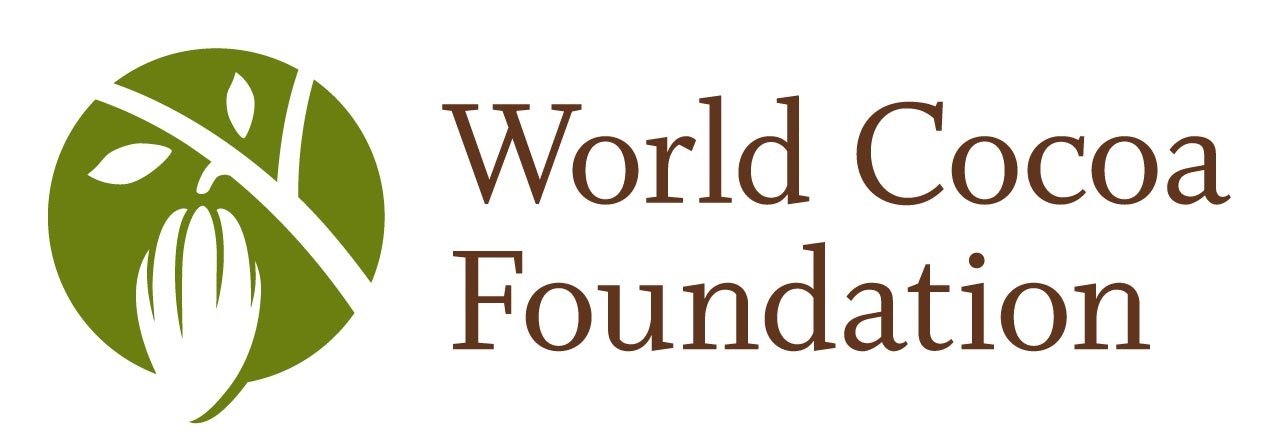World Cocoa Foundation Selected by USDA as Partner for Prestigious Norman E. Borlaug Fellows Program
Published 10-25-07
Submitted by World Cocoa Foundation
VIENNA, VA - October 25, 2007 - The World Cocoa Foundation (WCF) announced today it has been awarded a grant by the U.S. Department of Agriculture to coordinate the participation of 11 scientists from Africa and Central America in a six-week training program.
Named in honor of distinguished U.S. agronomist Norman E. Borlaug - one of only five recipients of the Nobel Peace Prize, the Presidential Medal of Freedom, and the Congressional Gold Medal - the Norman E. Borlaug International Agricultural Science and Technology Fellows Program was established in 2004 to help developing countries strengthen agricultural practices through the transfer of science and technologies.
"Building the capacity of producing country research institutes is essential to ensuring farmers have a local resource to turn to for issues of importance to them," said Bill Guyton, president, World Cocoa Foundation. "The Borlaug Fellowship is a great opportunity for scientists in the cocoa field to refine technical skills or collaborate on a research project while building networks with other researchers and learning about the supply chain. We at the World Cocoa Foundation are very pleased that USDA has made this commitment to the cocoa sector."
Jointly selected by WCF and the USDA, the Borlaug Fellows - seven scientists from nations eligible under the African Growth and Opportunity Act and four from nations of the Dominican Republic-Central America Free Trade Agreement - will be chosen to participate. Training will focus on three areas including:
WCF will place fellows within American universities and/or research institutions. In order that visiting scientists be exposed to the entire cocoa supply chain, fellows will also have the opportunity to visit WCF member companies' manufacturing plants and/or research facilities during their six-week training. After the completion of the fellowship, the U.S.-based mentor scientists will travel to Africa and Central America to meet with the fellows and their colleagues at their home institutions.
Project mentors Dr. Robert D. Lumsden, Scientific Advisor, WCF and Dr. Prakash Hebbar, Senior Scientist, Mars Inc. state that "This fellowship initiative will encourage scientist to scientist collaboration and institutional capacity building that will strengthen agricultural practices in cacao cultivation, specifically to improve crop yield, disease management and cocoa quality. This will not only help improve production in the world's principal cocoa-producing area, West Africa, but also in the Central American Region so dramatically affected in recent years by devastating diseases that have reduced production to historically low levels in this area of the 'origin' of cacao cultivation."
"USDA is pleased to partner with the World Cocoa Foundation to help African and Central American countries increase agricultural productivity, strengthen sustainable agricultural practices, and stimulate economic growth through this Borlaug Fellows initiative," said USDA Under Secretary for Farm and Foreign Agricultural Services Mark E. Keenum. "This initiative will build stronger agricultural, commercial, and trade ties between the United States and the Borlaug Fellows' countries."
Millions of people in West Africa, Southeast Asia, and Latin America depend on cocoa farming for their living. The prevalence of pests and diseases, among other issues, are an obstacle to cocoa production and significant source of crop losses in all three cocoa growing regions. In Latin America alone, farmers can lose up to 60% or more of their cocoa crop to diseases and pests. WCF supports research efforts and training programs to further the economic, social and environmental sustainability of cocoa production.
Established in 2000, the World Cocoa Foundation plays a leading role in facilitating public-private partnerships to benefit cocoa farming communities through training programs and research. WCF is an industry-supported, non-profit organization representing over 60 chocolate companies and trade associations around the world that account for over 65% of chocolate manufactured. Members are from Europe, North America, Latin America, and Asia representing all components of the supply chain. The Foundation's programs focus on raising farmer incomes, improving community wellbeing and supporting environmental sustainability.
For more information about the World Cocoa Foundation, or to find out how you can help support cocoa farming communities, contact Bill Guyton at (703) 790-5012 or via e-mail at Bill.Guyton@worldcocoa.org. Also, visit the WCF online at: www.WorldCocoaFoundation.org.

World Cocoa Foundation
World Cocoa Foundation
The World Cocoa Foundation (WCF) is an international nonprofit membership foundation that promotes a sustainable cocoa economy by providing cocoa farmers with the tools they need to grow more and better cocoa, market it successfully, and make greater profits. WCF's membership includes more than 90 cocoa and chocolate manufacturers, processors, supply chain managers, and other companies worldwide. Member companies range in size from small and medium size firms to large international corporations and represent over 80% of the global cocoa market. For more information, visit www.worldcocoa.org.
Follow us on our blog, Facebook and Twitter.
More from World Cocoa Foundation

